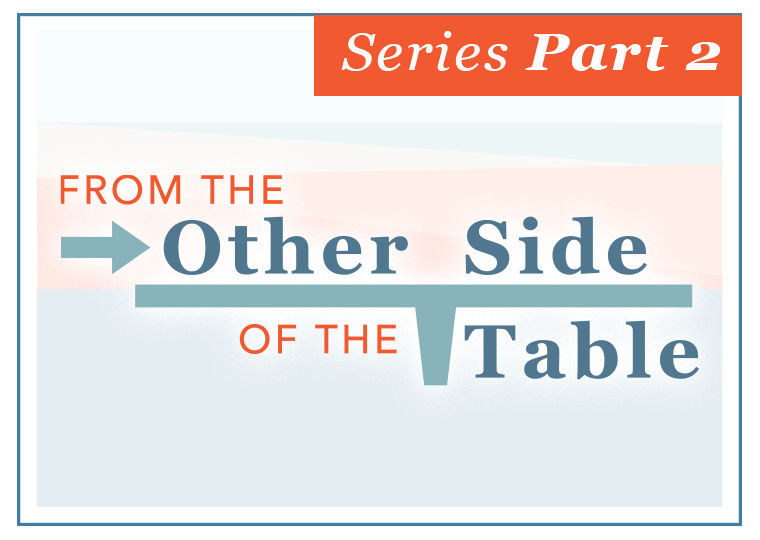Inside the Statehouse: What Advocates Often Get Wrong About Conservative Legislators
- On Key Strategies
- May 31, 2025
- 2 min read
Updated: Jan 14
From the Other Side of the Table Series • Part 1
By Shannon Jones

I’ve sat on every side of the policymaking table—as a congressional staffer, a Republican state legislator, a statewide child advocacy leader, and now as a county commissioner and consultant. And across all those roles, I’ve seen one mistake play out again and again.
Advocates walk into meetings with conservative lawmakers completely confident in their cause. They’ve got compelling research, powerful personal stories, and a deep sense of urgency. But they leave frustrated, unsure why their message didn’t connect.
It’s not because the policymaker didn’t care. It’s because the message wasn’t built to resonate.
I say this with deep respect for the passion and commitment so many advocates bring to their work. But having been on the receiving end of countless pitches—and now helping others deliver them—I know what works and what doesn’t.
Here’s the reality: most conservative legislators don’t respond to arguments framed around systems, equity, or institutional failure. Not because they’re indifferent, but because that’s not how we see the world—or our role in it.
We’re focused on personal responsibility, strong families, limited government, and fiscal stewardship. If your message doesn’t start there—or at least acknowledge those values—you’re likely to miss the mark, no matter how worthy your proposal is.
This doesn’t mean you have to water anything down. But it does mean being strategic.
For example:
If you’re pushing for a child tax credit, lead with what it means for working parents who are doing everything right and still struggling to make ends meet. Talk about rewarding work and strengthening families—not expanding benefits.
If you’re advocating for child care or early learning, focus on how it helps parents stay in the workforce and ensures kids are ready for school. Skip the “universal pre-K” rhetoric and speak to opportunity, not obligation.
If you’re making the case for maternal health investments, highlight the return on investment for taxpayers, the role of prevention, and the importance of healthy starts—not just disparities and system gaps.
One of the most important lessons I learned as a legislator—and now emphasize in my consulting work—is that persuasion isn’t about convincing someone to become you. It’s about helping them see themselves in the solution.
At On Key Strategies, I help clients find that clarity. We refine the message, align it with the audience, and make sure it rings true—whether you’re talking to a red-state legislator or a room full of bipartisan funders.
If your message is off-key, it doesn’t matter how urgent the issue is. It just won’t be heard.
The good news? You don’t have to change your mission to be heard—you just have to fine-tune the message. And when we do that, real progress is possible.




